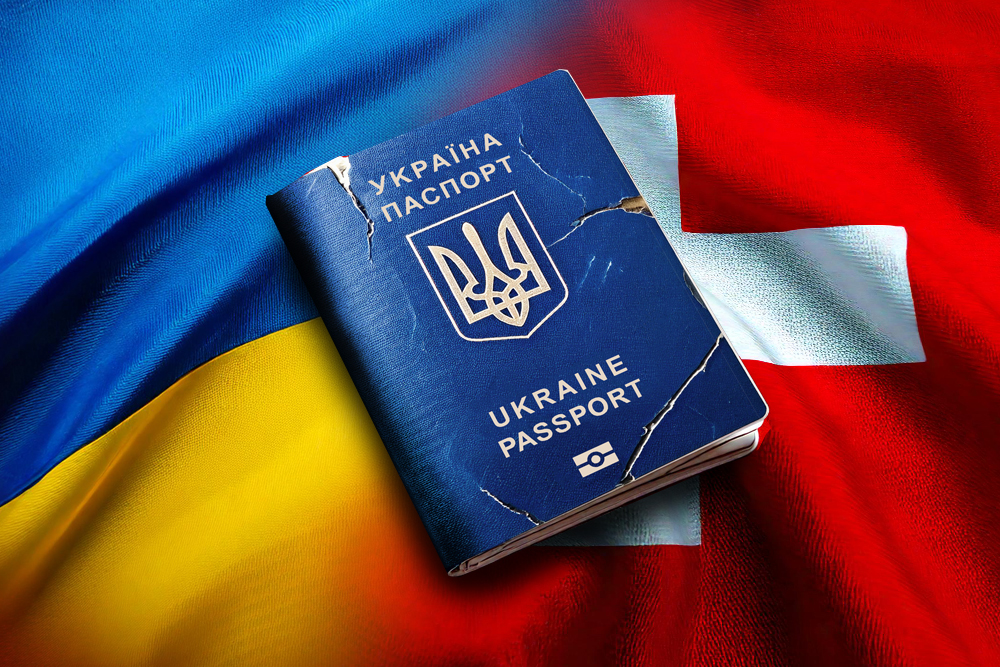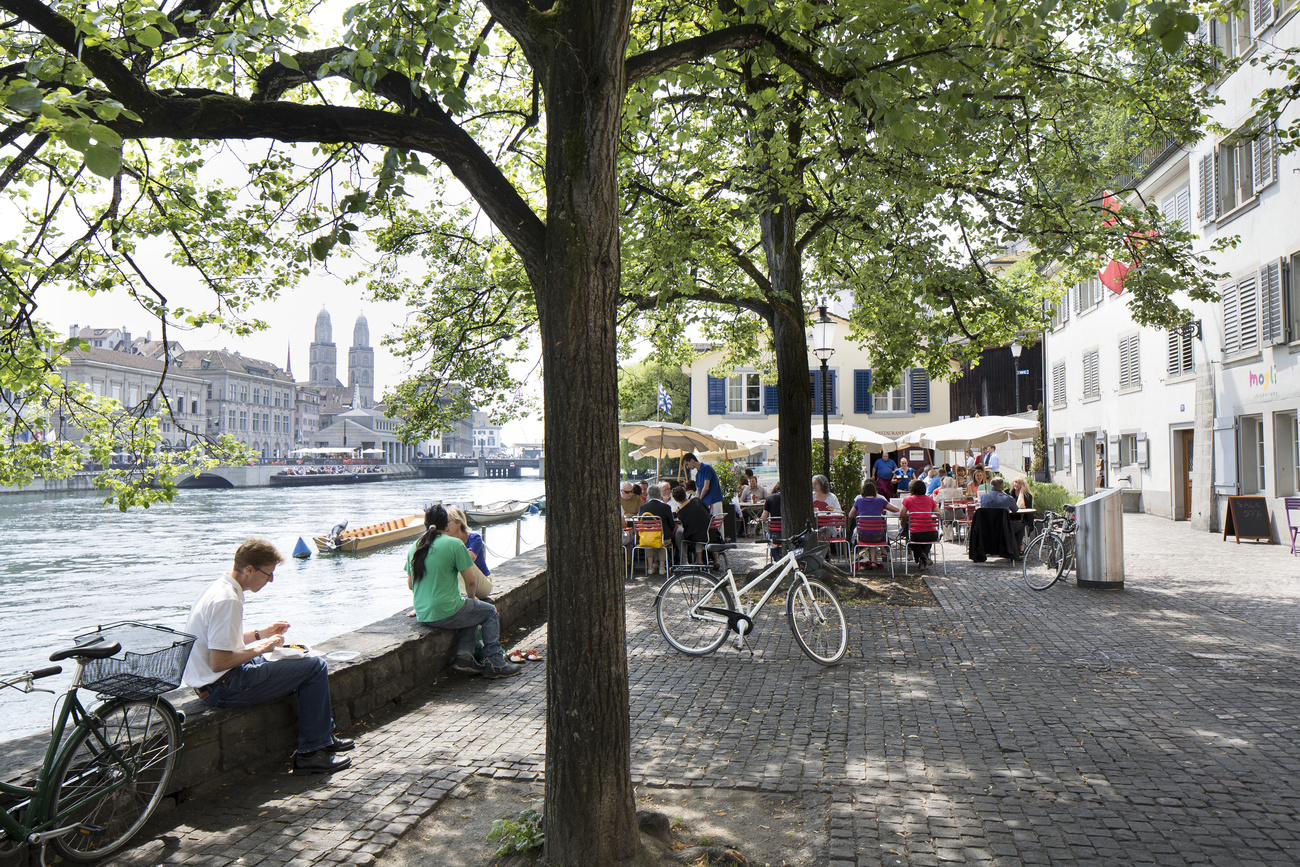Moldovan president says bribery affected election, pledges run-off vote

By Alexander Tanas
CHISINAU (Reuters) -Moldova’s pro-European president said on Thursday that mass bribery had affected a presidential election and a referendum on joining the European Union, but vowed to press on with a Nov. 3 runoff vote to win a second term, instead of ordering a new election.
Maia Sandu issued her pledge, saying it was up to the people to determine Moldova’s future, after police said pro-Russian fugitive businessman Ilan Shor had channeled $39 million to voters in September and October.
Moldovan authorities have said the campaign for last Sunday’s dual poll was overshadowed by a massive Russia-linked election-meddling scheme aimed at defeating the pro-Europe side.
“Without the buying of votes, the outcome today would have been different. We would have had a convincing victory in the presidential election and the referendum!” Sandu wrote on social media.
She said she had rejected suggestions of ordering a re-run of the ex-Soviet state’s election as “no one has the right to deny our citizens a mass, sincere and free expression of their will”.
“Let’s go forward to the second round. We count strictly on our people as has always been the case when the fate of the country was on the line,” she said. It was up to the judiciary to “wake up” and tackle the issue of bribery, she added.
Sandu came first in the presidential election, but failed to secure 50% of votes and now faces a runoff against former prosecutor-general Alexandr Stoianoglo, who is backed by a traditionally pro-Russian party.
Sandu has singled out Russia as one of the biggest threats facing Moldova and made EU integration the cornerstone of her administration.
In the referendum, a surprisingly slim majority compared to opinion polls – 50.46% of voters – supported EU accession.
The police has accused Shor of an attempt to bribe 130,000 voters. He denies wrongdoing, and the Kremlin has denied interfering. It questioned the vote count, in which votes from Moldovans abroad pushed the “yes” vote over 50%.
Moldova’s police chief, Viorel Cernauteanu, told a briefing on Thursday that Shor used Russia’s Promsvyazbank to transfer $24 million in October, in addition to $15 million channelled in September, to pay off voters.
FUGITIVE BUSINESSMAN OFFERS MONEY
During the campaign, Shor openly offered to pay Moldovans to persuade others to vote “no” in the referendum and to support a specific candidate, who he did not name publicly. He launched a bot on the Telegram messaging platform for this means.
Cernauteanu said the police had blocked 97 chatbots before the vote explaining to people how to use the Promsvyazbank banking app and get the money.
On Monday, Sandu called the campaign “an unfair fight” and claimed victory in the referendum designed to enshrine Moldova’s EU path in the constitution. She said there was “clear evidence” that criminal groups backed by “foreign forces hostile to our national interests” had aimed to buy off 300,000 votes.
Moscow has denounced the vote as not free. On Wednesday, Russian foreign ministry spokeswoman Maria Zakharova said the United States and European Union had meddled in the campaign.
(Reporting by Alexander TanasWriting by Yuliia Dysa Editing by Peter Graff, Frances Kerry, Ron Popeski and Rod Nickel)







